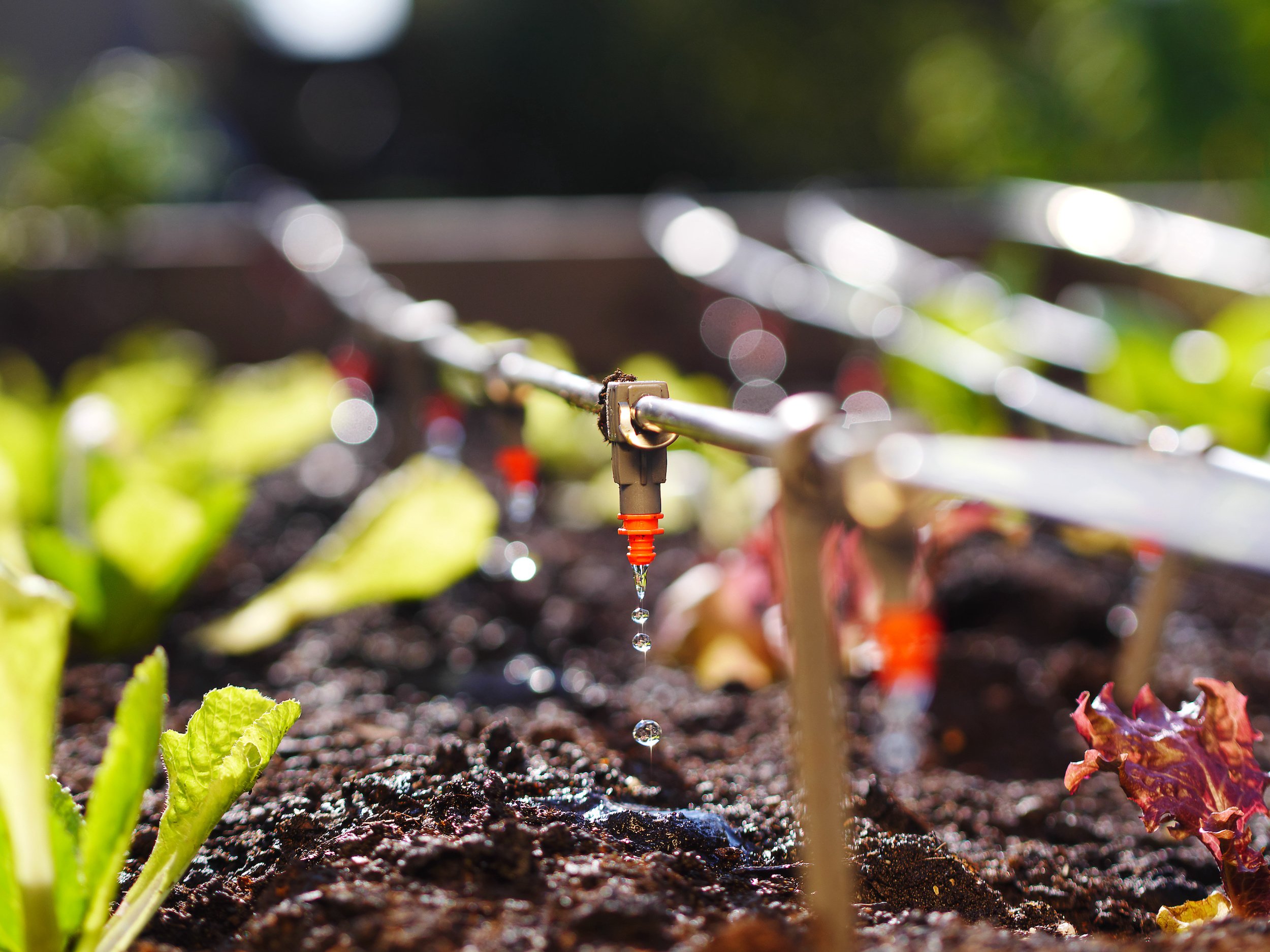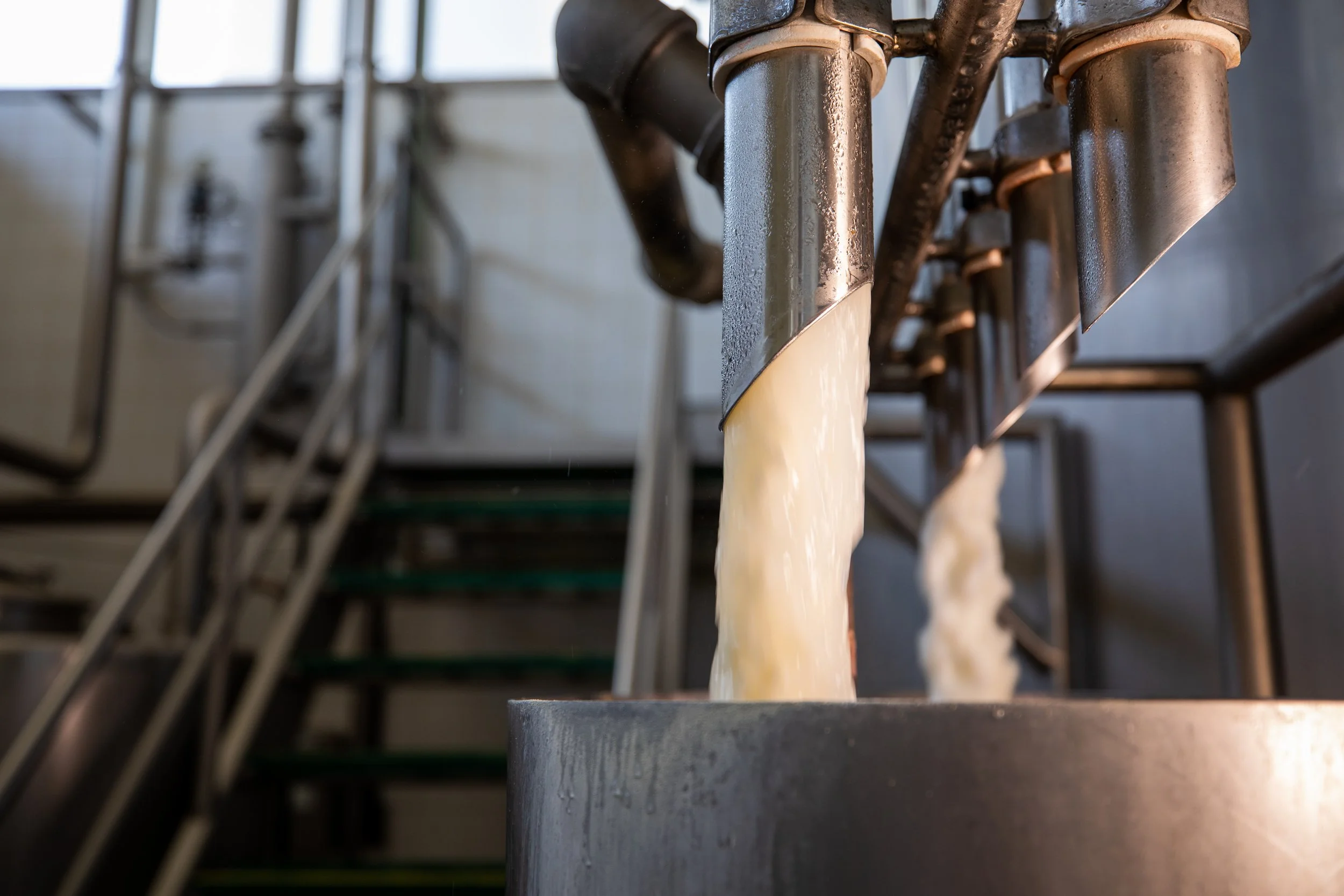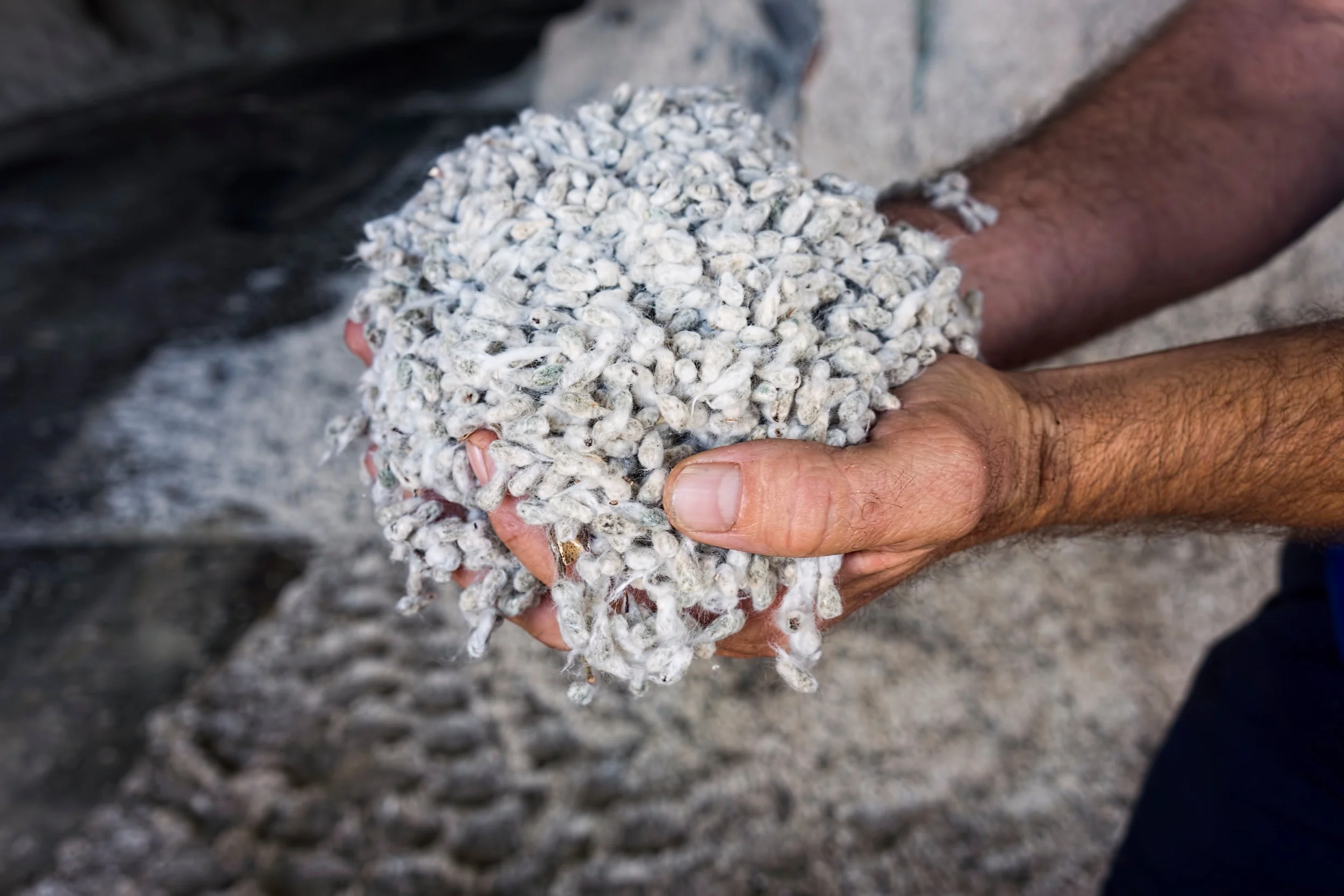
Water-Use Efficiency
For decades California farmers have demonstrated their commitment to sustainability through the development and adoption of innovative irrigation technologies. California farmers have invested hundreds of millions of dollars in these multi-benefit projects that are a win for the farmers, the environment, and surrounding communities.
Precision Irrigation
With the latest precision irrigation practices, farms are able to use water with as much as twice the efficiency as traditional surface irrigation practices. Not only do farms deliver water more efficiently, but they are also able to more accurately determine when crops need water. Remote sensing technologies allow farmers to precisely irrigate fields according to soil moisture and weather conditions.
Food Processing Sector
In the food processing sector, water is used for cleaning and sanitation of food processing equipment as well as in the actual processing of some products. Food producers are able to recycle this water in certain applications, such as heating and cooling processes, in order to reduce water usage. In other instances, sanitation can be achieved without spraying down a surface, or produce can be cleaned using vibration and air instead of water. Through these and other innovative measures, California food processors are always looking for ways to reduce water usage.
Dairy Sector
California dairy farm families use 88% less water to produce each gallon of milk than they did 50 years ago*. These innovative farmers have been able to achieve these impressive water-smart reductions through improved crop production (such as precision irrigation discussed above), use of food and crop byproducts to feed their cattle, as well as water use efficiency and recycling on the farm.
Up to 40% of a California dairy cow’s diet is made up of agricultural byproducts such as almond hulls, cotton seed and citrus pulp. Recycling food waste as cattle feed greatly reduces water, energy, and fossil fuel usage.
In fact, feeding agricultural byproducts reduces the amount of water needed to grow feed crops by as much as 1.3 trillion gallons, or 4 million acre feet**.
California dairy farmers use the same drop of water an average of four times on the farm. First, clean water is used in the refrigeration process to cool fresh milk. Next, that water is recycled to wash and cool the cows on hot days. Recycled water is stored and reused multiple times to keep the barns clean. Finally, nutrient-rich water is used to irrigate feed crops on the farm.
*A. Naranjo, A. Johnson, H. Rossow, and E. Kebreab. 2020. "Greenhouse gas, water, and land footprint per unit of production of the California dairy industry over 50 years." Journal of Dairy Science, volume 103 issue 4. https://doi.org/10.3168/jds.2019-16576
**Scott Somerville, Daniel A. Sumner, James Fadel, Ziyang Fu, Jarrett D. Hart, and Jennifer Heguy. 2020. "By-Product Use in California Dairy Feed Has Vital Sustainability Implications." ARE Update 24(2): 5-8. University of California Giannini Foundation of Agricultural Economics. https://giannini.ucop.edu/filer/file/1607970056/19926/
Recycled Urban Water
In addition to the water recycling practices employed in the food processing and dairy sectors, some farmers can utilize recycled municipal wastewater. This water has been treated to high water quality standards that make it suitable for irrigation. In 2020, California farmers were able to use 195,000 acre feet of recycled municipal water, and interest is growing.
By utilizing local recycled water, these farms are not only reducing water use, but cutting down on the energy needed to pump water supplies from other sources.
Water Energy Nexus
More efficient water use not only protects one of California’s most precious resources, but it is good for the climate as well. Irrigation is an energy intensive practice. By more efficiently applying water to crops, farmers are greatly reducing energy use and cutting down on carbon emissions. In addition, thousands of California farmers and ranchers have transitioned their older, diesel irrigation pumps to electric pumps, some of which are even powered by solar installations. Replacing diesel water pumps has yet another significant environmental benefit – cleaner air.



